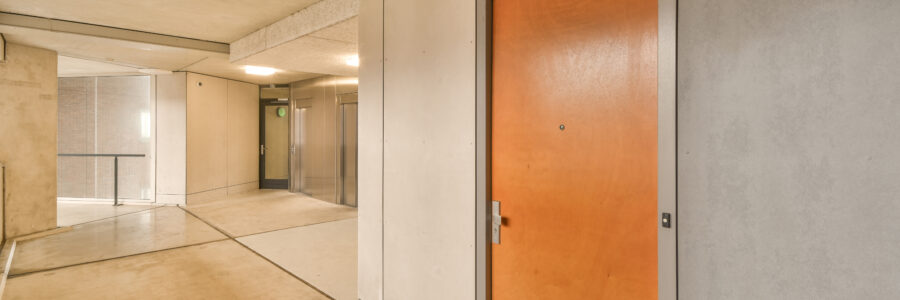How Do Soundproof Doors Work?
Whether at home or in the workplace, just about every environment is subjected to a certain level of noise and sometimes you would like your world to have a more peaceful ambiance! Soundproof doors can provide a barrier to reduce that noise interruption and create a more peaceful environment, which can be an important factor in reducing stress! If you are one of the increasing number of people who now work from home, installing soundproof doors can create a more comfortable work environment or, just in your everyday home life, soundproof doors can be used to create spaces for you to listen to music, watch TV, or just talk without being disturbed! Here are some aspects of soundproof doors and how they work effectively in reducing noise interference:
Decibel Ratings
In order to better understand how soundproof doors work it is worth noting how noise levels and sound are identified and measured. Sound and noise levels are measured against the sensitivity of the average human hearing capacity and declared or rated in decibels. Complete silence is rated at zero decibels and, from there, the decibel ratings rise in volume and can differ depending upon different environments and from different sources, up to levels that are considered ‘uncomfortable’ and even potentially harmful. For example, an average conversation between two people is normally conducted at a rating of around 60 decibels whilst everyday household items can generate higher rating levels – a vacuum cleaner is typically around 70-80 decibels. Regular exposure to a decibel rating of 85 or above can result in permanent hearing damage to an individual – the noise generated from heavy traffic often registers at around 85 decibels, so if you live on a busy road, you can see the benefit of installing soundproof doors in your home!
Absorbent Materials
Soundproof doors provide a barrier between yourself and any outside noise source. To combat these noise levels, soundproof, or acoustic, doors are manufactured from materials that are thicker than standard doors and are solid as opposed to hollow, unlike many household doors. Solid doors have a higher density, so they are more effective in absorbing or ‘deadening’ sound. Soundproof doors are usually manufactured with materials that are efficient in absorbing sound, such as timber, steel, aluminium, and PVC. These materials offer different levels of sound protection by absorbing and reflecting soundwaves, thereby preventing them from passing through the doors into adjoining areas or spaces.
Additional Sound Protection
In certain environments additional soundproofing materials such as insulating foam may be used – for example, a recording studio will require a higher level of noise reduction than a standard room in a house or office, and environments like theatres, cinemas, hospitals, and schools may also benefit from higher levels of noise reduction.
Soundproofing Levels
Acoustic doors block external sounds from coming in and the higher quality soundproof doors can reduce noise levels by as much as 95%. The higher the sound transmission class (STC) scale rating, the more efficient the door – doors and frames can be manufactured to different levels making them suitable for different environments. A low to medium soundproof door may provide a sound reduction of 34 decibels – capable of ‘muffling’ a normal conversation though not completely blocking it out, whilst also reducing noise from household items such as televisions and boiling kettles. Higher-rated performance acoustic doors can reduce sound by up to 44 decibels – enough to block human conversation to a point where only people shouting can be heard, and usually blocking out noise from the louder household appliances such as vacuum cleaners and washing machines.
Soundproof Fire Rated Doors
Aside from the valuable noise reduction that soundproof doors provide, it is worth noting another important benefit they can provide – fire safety! Soundproof doors can be manufactured from materials that are not only sound absorbent, but are also effective in resisting heat, flame, and smoke in the event of a fire breaking out in the home or workplace. Like the different levels of sound absorption, fire rated soundproof doors offer varying levels of fire protection from 30 minutes resistance and containment through different time protection levels of 60 minutes, 90 minutes and, where required, up to 120 minutes and above.









